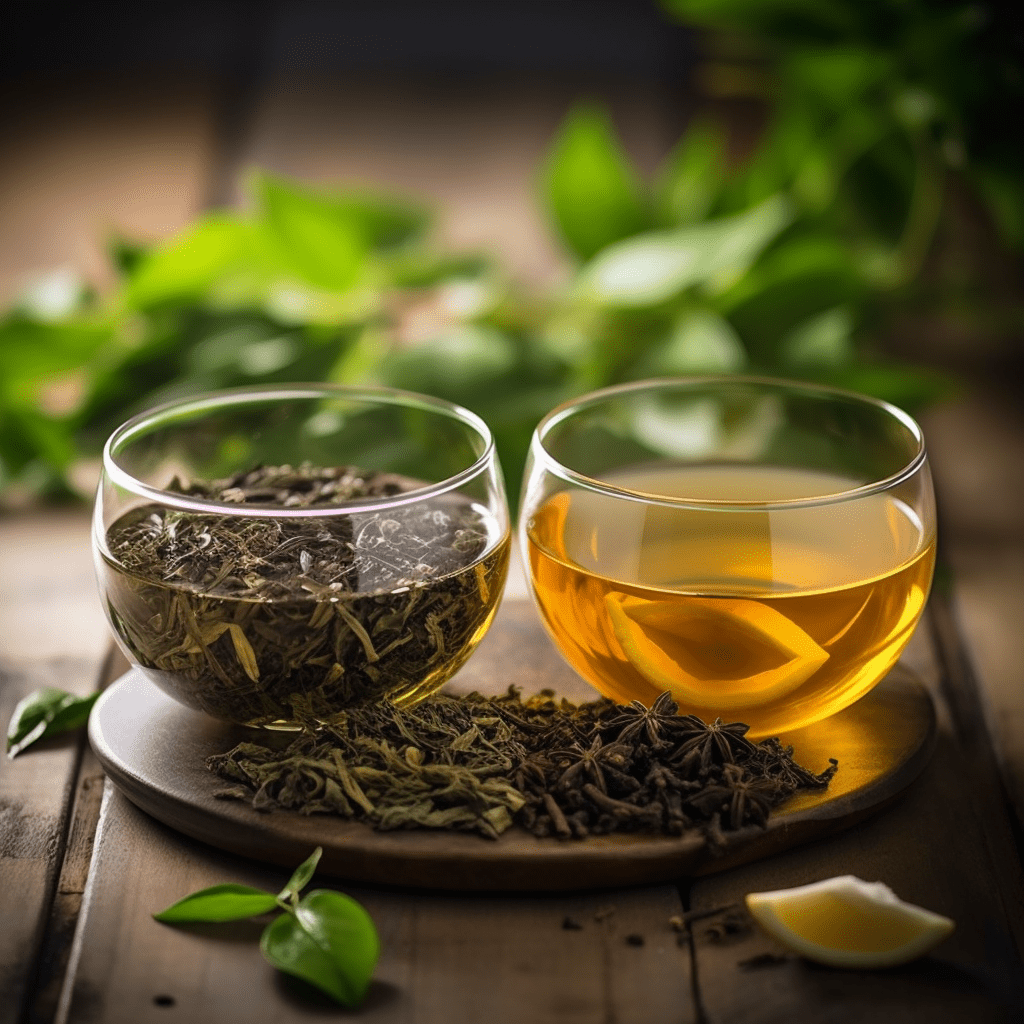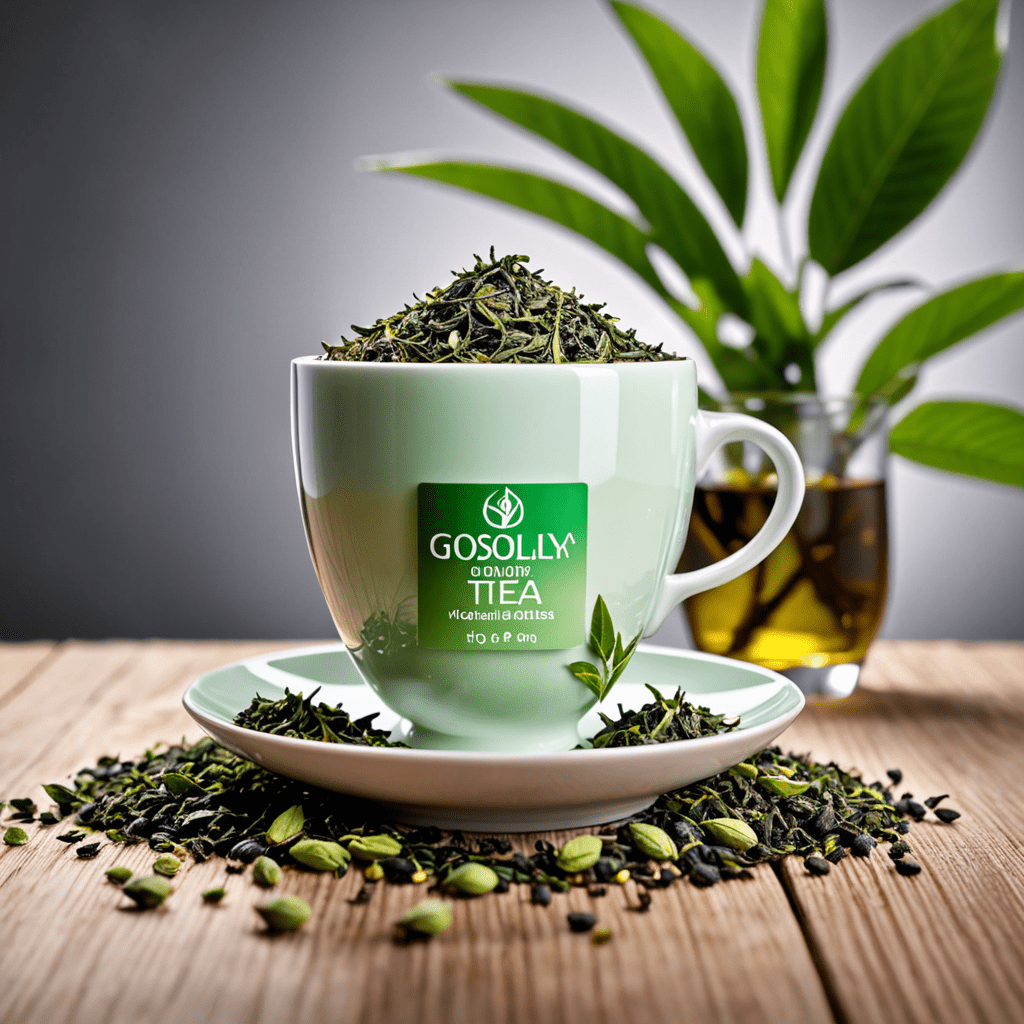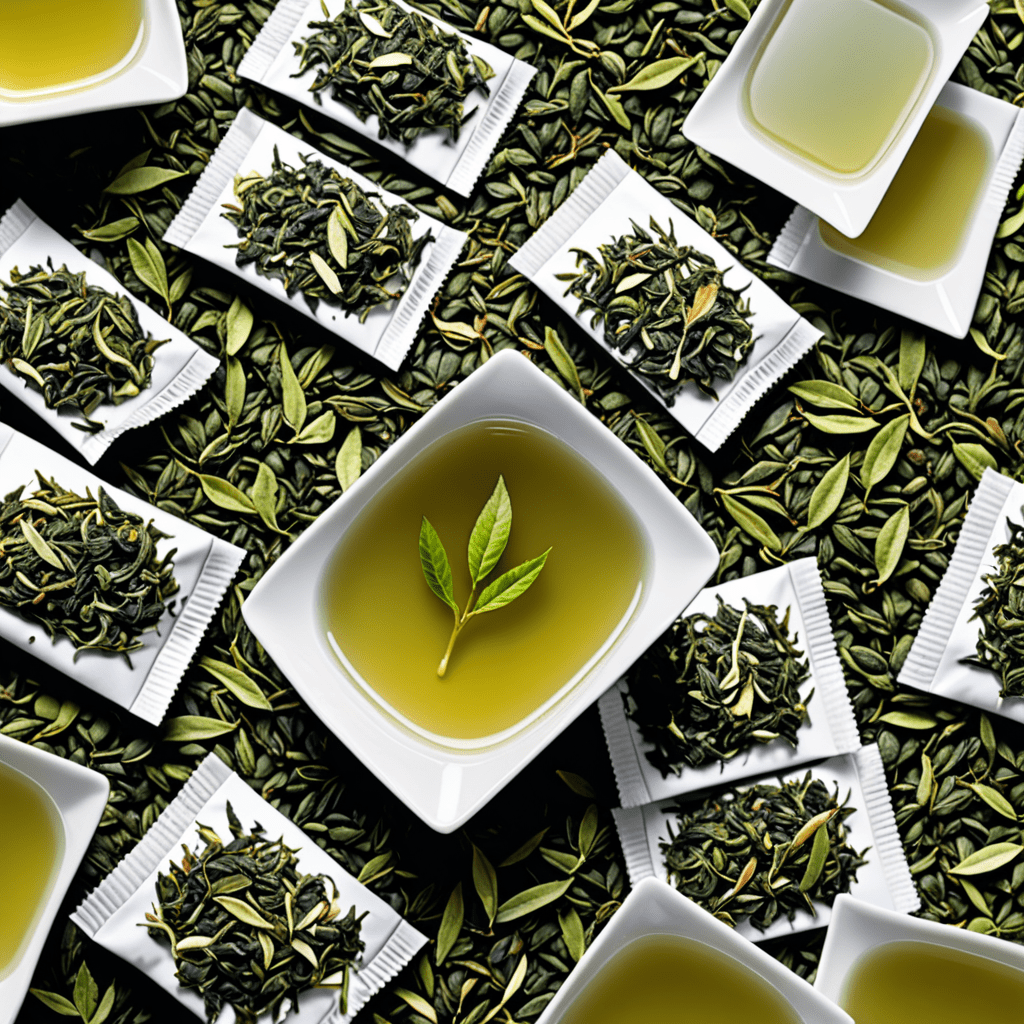
Origin and History of Chai Tea
Chai tea, a beloved beverage steeped in tradition, has its roots in the ancient spice trade of India. It originated as a simple blend of black tea and aromatic spices, believed to have medicinal properties. Over centuries, chai tea evolved into a cherished ritual, enjoyed in homes and tea stalls across the country. Today, chai tea continues to captivate tea enthusiasts worldwide with its rich flavors and potential health benefits.
Aromatic Spices in Chai Tea
Chai tea's distinct flavor profile is attributed to a symphony of aromatic spices. These spices, often referred to as "masala," not only enhance the tea's taste but also contribute to its potential health benefits. The most common spices used in chai tea include cinnamon, ginger, cardamom, star anise, black pepper, nutmeg, and cloves. Each spice possesses unique properties, creating a complex and flavorful brew.
Health Benefits of Cinnamon
Cinnamon, a staple in chai tea blends, is renowned for its sweet, warm flavor. Beyond its culinary appeal, cinnamon boasts potential health benefits. It contains antioxidants that may protect against cell damage, aid in blood sugar regulation, and reduce inflammation. Studies suggest that consuming cinnamon may support heart health and brain function.
Antioxidant Power of Ginger
Ginger, another key ingredient in chai tea, is valued for its zesty, slightly spicy flavor. It is a rich source of antioxidants, particularly gingerols, which may help combat oxidative stress. Ginger has been traditionally used to alleviate nausea and support digestion. Recent research explores its potential role in reducing inflammation and improving cognitive function.
Immune-Boosting Properties of Cardamom
Cardamom, with its sweet, slightly minty aroma, contributes to chai tea's distinctive flavor. It is known for its potential immune-boosting properties. Cardamom contains antioxidants that may help protect against infections and may have antibacterial effects. Its anti-inflammatory properties may support respiratory health and reduce inflammation in the body.
Digestive Benefits of Star Anise
Star anise, with its distinct star-shaped pods, adds a sweet, licorice-like flavor to chai tea. This spice has been traditionally used to support digestion. Studies suggest that star anise may contain compounds that help relax the digestive tract, reduce gas, and alleviate bloating. It may also possess antimicrobial properties, further supporting gut health.
Anti-Inflammatory Effects of Black Pepper
Black pepper, known for its pungent and slightly spicy flavor, contributes to chai tea's warmth and depth. It contains a compound called piperine, which possesses anti-inflammatory properties. Piperine may help reduce inflammation throughout the body, potentially providing relief from joint pain, headaches, and other inflammatory conditions.
Cognition and Focus with Nutmeg
Nutmeg, with its sweet and slightly nutty aroma, adds a touch of warmth and complexity to chai tea. It has been traditionally used as a cognitive enhancer. Studies suggest that nutmeg may contain compounds that help improve memory, reduce anxiety, and promote focus. Its potential benefits for brain health have garnered attention, warranting further research.
Stress Relief with Cloves
Cloves, with their distinctive spicy and aromatic flavor, lend a depth of flavor to chai tea. They have been traditionally used for their calming and stress-relieving properties. Cloves contain antioxidants that may help protect against cellular damage. Their potential anti-anxiety effects may also support relaxation and stress reduction.
Chai Tea Beyond Its Medicinal Qualities
Beyond its potential health benefits, chai tea is celebrated for its rich flavor and cultural significance. It is a warm and comforting beverage, often enjoyed during special occasions or as part of daily routines. The aroma of chai tea fills homes with inviting scents, creating a cozy and welcoming atmosphere.
FAQs
Q: Are there any precautions to consider when consuming chai tea?
A: While chai tea is generally safe for most people, certain individuals may need to exercise caution. Those with high blood pressure or who are taking blood thinners should consult with a healthcare professional before consuming excessive amounts of chai tea due to the presence of caffeine and black pepper. Pregnant women should also limit their intake due to the potential effects of certain spices on pregnancy.
Q: How much chai tea is recommended per day?
A: Moderate consumption of chai tea is generally considered safe. However, due to the caffeine content, it is advisable to limit intake to around 2-3 cups per day. Individuals sensitive to caffeine or with specific health conditions may choose to consume less or avoid chai tea.
Q: Can I make chai tea at home?
A: Yes, making chai tea at home is simple and rewarding. Combine your preferred spices with black tea leaves, water, and a sweetener of your choice. Simmer on low heat for 10-15 minutes, strain, and enjoy. Experiment with different ratios of spices to find your perfect blend.


